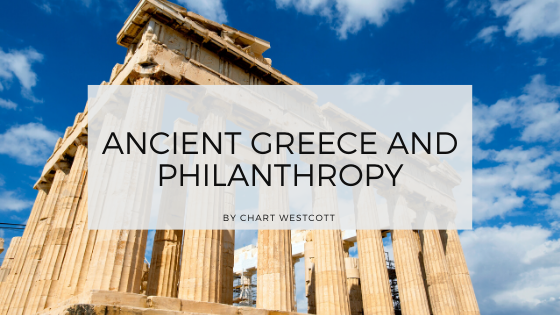The people of the ancient Meditteranean region are owed a lot of credit for the modern definition of philanthropy. Dating all the way back to third-millennium B.C.E, Babylonian rulers decreed certain punishments to those who took advantage of the weak. Those punishments made clemency a mark of nobility, almost as much as riches and family standing.
The exact word philanthropy is credited largely to the greeks. Since the fifth-century B.C.E, greek culture has put an elaboration on their idea of philanthropia. The concept that first embodied a charitable is the story of the mythological titan, Prometheus. He dared to share his immortal wealth of fire with humanity and suffered the wrath of the king of the gods, Zeus. Greeks also revered greek gods Eros and Hermes for the gifts of wisdom that they gifted to men. The ancient fascination with the free gift of knowledge is written throughout philosophical the writings of Plato, Socrates, and Aristotle.
In Greek cities, a multitude of philanthropic ideals continued to strengthen urban society. The most critical being the civic liturgies rich citizens assumed under heavy pressure or voluntarily. These duties swayed more affluent citizens to personally subsidize the cost of walls, roads, and other municipal amenities. Prominent members even fought over different duties to prove who was the most giving of them all. Personal standing and vanity was a prime motivator for several of those linked to improving the city. Groups of wealth men also donated to the arts, theater, and performance, which originated the practice of different artistic structures having donors. A method that is still, in fact, present today in most performance structures.
Philanthropy is an essential part of social functioning. Without it a lot of professional and pleasurable arenas would be gone. The current standing of having philanthropic influence is in large part thanks to the ancient culture of Greece.

